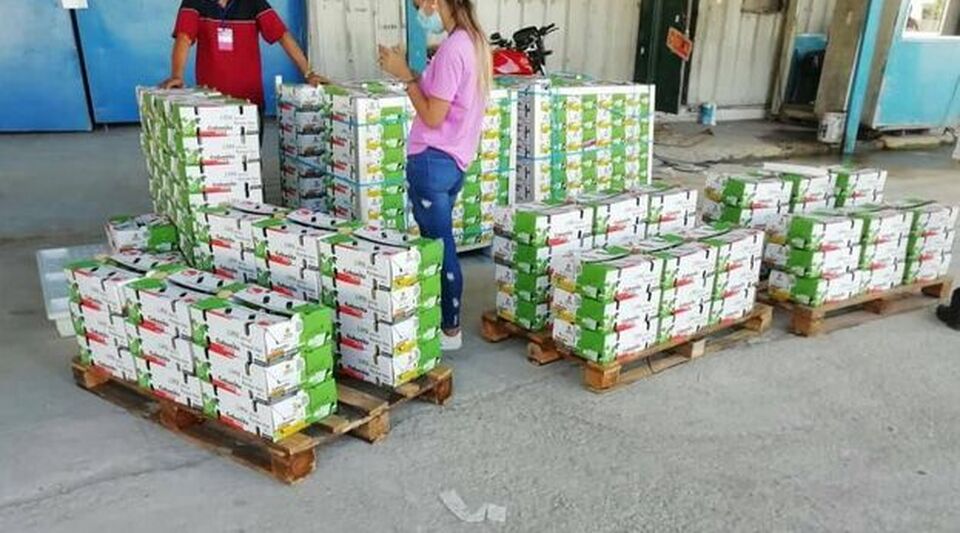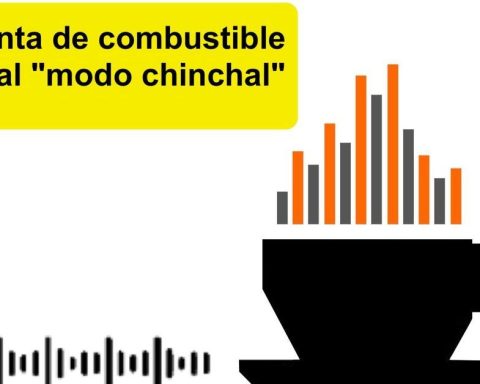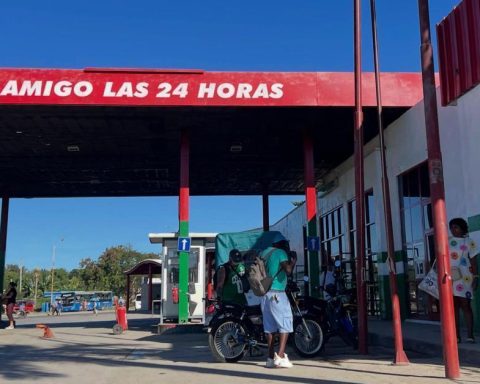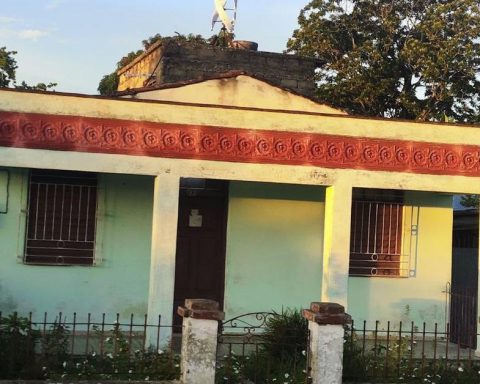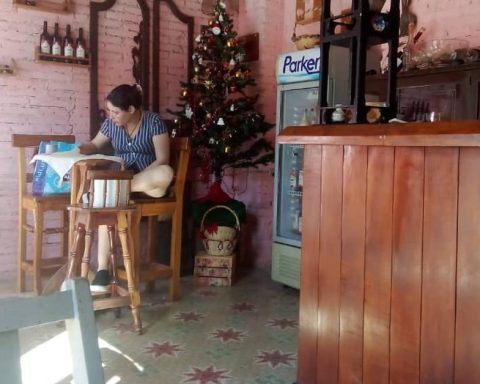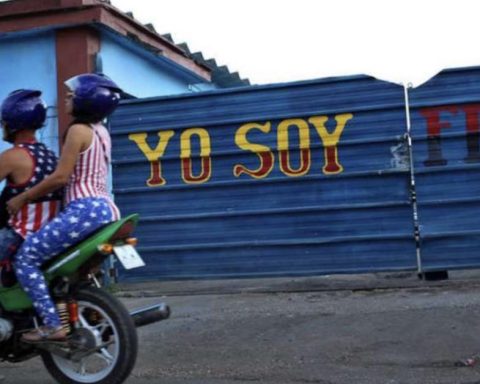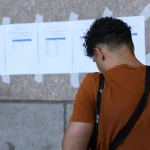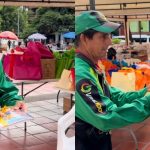“Annoyance is little for what I have, I’m lit like a bonfire,” says Luis Mario Godínez, producer, along with his father and brothers, of marabú charcoal in Cabaiguán, Sancti Spíritus. The family has been waiting for more than four months to be paid the amount in foreign currency for the export of their product.
“For our part, we did everything well, we delivered quality coal on time, but they have not yet given us the payment in MLC (freely convertible currency) that they promised us,” laments Godínez. The producer points to the state-owned Cubaexport as “the bottleneck where the money has been locked up.”
In June 2020, the Government opened up to allowing exports to the private sector and cooperatives, as long as they did so through state companies. Only two years later, it was authorized that the MSMEs that perform technological services and those linked to renewable energies could export directly.
Since then, the official press has devoted extensive reports to farmers who export lemons or avocados to European markets, but has said little about compliance with payments by official intermediaries.
“God willing, what we need is for them to pay us,” implores a producer from Santo Domingo, in Villa Clara, who has used the state-owned company Frutas Selectas to export mangoes and citrus. “We haven’t seen the currency yet but every month they tell us it’s coming soon.”
“And it is not only happening with private producers, state companies are also suffering defaults and delays in the foreign exchange that export entities owe them”
According to this peasant, “there is a lot of discomfort and no one clarifies what is happening, some say that the Ministry of Economy and Planning has ordered the payments to MLC to stop, but no one comes here to show their faces and explain to us. In a few weeks I I’ll be harvesting again and if things continue like this I won’t export again”.
Frutas Selectas is the same company that three years ago announced with great fanfare the export of lemons to Spain by a farmer. On that occasion, this newspaper verified that the product did not appear in the Spanish markets.
“My clients are very upset,” admits a Commerce worker who manages the shipment of honey, coal and fruit from private farms to state companies that export the products in the province of Ciego de Ávila. “They send and send merchandise but they don’t get paid,” he comments on condition of anonymity to 14ymedio.
“And it is not only happening with private producers, state companies are also suffering defaults and delays in the foreign currency that export entities owe them,” he warns. In the list of those most affected, he lists Apicuba, linked to the production of honey; La Estancia, focused on juices and jams; Tenpiel, tannery and skins, and the Fishing Company.
“We are the ones who have to put our faces before the private producers and the state companies to tell them that they could not be paid because there are no foreign currency,” says the Commerce employee. “This is not a problem now, the delays have been going on for more than four months.”
In the province of Cienfuegos, the scenario is repeated. The Plasencia brothers supply mangoes to the Arimao Citrus Company, which became the province’s “first export pole” when new legislation from the Ministry of Foreign Trade was approved three years ago that allowed private farmers to place their products in other countries. , always through the State.
“The opinion of the peasants of this area about the state trading companies is mostly negative”
After supplying tons of mango, for “the processing of pulp that is exported to Europe”, the family has not yet seen “not a single currency”. “The mechanism is complicated, the claims are slow and the bureaucracy is hell,” concludes Víctor, the younger brother of the Plasencias. “We are waiting to collect what they owe us to buy a new water pump for the farm.”
“They have told us that the priority for payment in MLC are the tobacco growers,” says the farmer. “To make matters worse, in addition to the fact that they have not paid us, they even want to charge us for laughter in MLC, many of the inputs that we need for production we have to settle in foreign currency, but if the currency does not reach our pockets, where do we go from to take out”.
“The opinion of the peasants of this area on the state trading companies is mostly negative,” he settles. “We believe that they are unnecessary, slow and very bureaucratic. They are even called parasites and the question that everyone asks is because the producer cannot export directly, why can’t we have more autonomy and control the profits we receive from selling our product in Spain or Australia”.
The Plasencias are clear about it: “Next campaign we are going to sell our mangoes inside Cuba, we earn less and in national currency, but at least they will pay us something.”
________________________
Collaborate with our work:
The team of 14ymedio He is committed to doing serious journalism that reflects the reality of deep Cuba. Thank you for accompanying us on this long road. We invite you to continue supporting us, but this time becoming a member of our newspaper. Together we can continue transforming journalism in Cuba.
